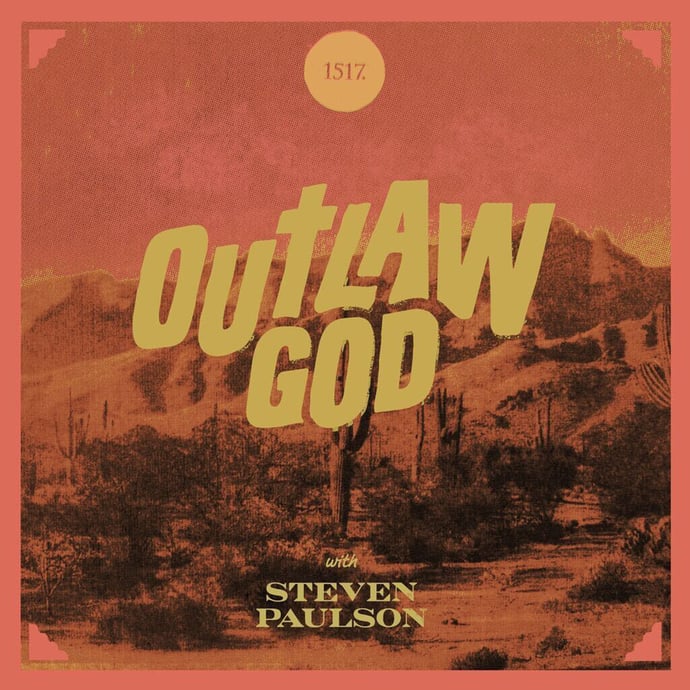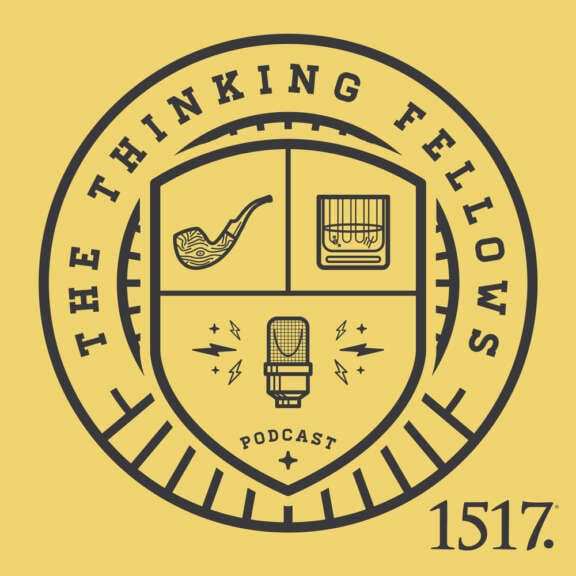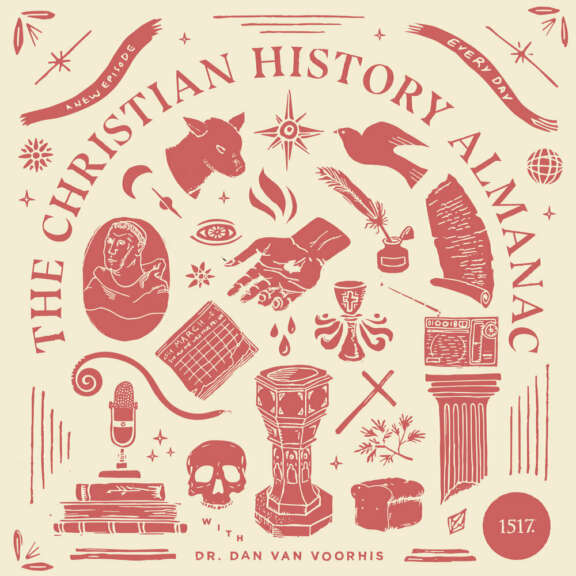Can’t You See. In this episode, we read the Lutheran theologian Matthias Flacius, and discuss inter-church debates, the Lord’s Supper as ground zero for most church conflicts, the consequences of compromise in matters of faith, the limits of love, and when it’s time to push away from the table and go into prayer.
Podcasts
Each 1517 Podcast is dedicated to delivering Christ-centered content through weekly, monthly, and seasonal audio platforms. Listen online or on your favorite podcasting app.
Author
- All Authors
- Aaron Zimmerman
- Adam Francisco
- Amy Mantravadi
- Blake Flattley
- Bob Hiller
- Bradley Gray
- Brian W. Thomas
- Bror Erickson
- Bruce Hillman
- Caleb Keith
- Chad Bird
- Chris Rosebrough
- Christopher Gillespie
- Cindy Koch
- Craig Donofrio
- Dan van Voorhis
- Daniel Deen
- Daniel Emery Price
- Darrin Sheek
- David Andersen
- David Rufner
- David Zahl
- Debi Winrich
- Delwyn Campbell
- Donavon Riley
- Doug Klembara
- Edward Killian
- Elyse Fitzpatrick
- Erick Sorensen
- Flame
- Grant Klembara
- Gretchen Ronnevik
- Haroldo Camacho
- Jacob Smith
- Jared C. Wilson
- Jeff Mallinson
- Jeffrey Pulse
- Jessica Thompson
- Jim Nestingen
- Joel Fitzpatrick
- Joel Hess
- John Andrew Schreiner
- John Bombaro
- John T. Pless
- John W. Hoyum
- John Warwick Montgomery
- Katie Koplin
- Kelsi Klembara
- Ken Sundet Jones
- Magnus Persson
- Matt Popovits
- Michael Berg
- Michael Horton
- Nick Lannon
- Paul Koch
- Peter Nafzger
- Philip Bartelt
- Raleigh Sadler
- RJ Grunewald
- Robert Kolb
- Rod Rosenbladt
- Ron Hodel
- Sam Leanza Ortiz
- Sarah Condon
- Sarah Crowder
- Scott Davis
- Scott Keith
- Steven Paulson
- Tanner Olson
- Troy Neujahr
- Uwe Siemon-Netto
- Wade Johnston
- William Cwirla
-
Kick Out the Jams. In this episode, we focus on the raw, real work of life in the parish—the ordinary burdens, the hidden insecurities, and the quiet faith that holds it all together. We explore the distinction between philosophy and theology and why attempts to fuse them often leave both diminished. There’s talk of reformation—its drama, its necessity, and its cost. We reflect on the pervasive victim-perpetrator dynamic that shapes so much of modern life and how the gospel when rightly preached, breaks that cycle. At the heart of it all is this: the power of Christ’s mercy to open what we’ve shut tight, to drive out the bitterness we’ve made into habit, and to speak a word stronger than shame.
-
Erasmus accused Luther of being outside of the church and having a novel understanding of Scripture.
-
Amy Mantravadi joins Caleb and Bruce to discuss her novel Broken Bonds: A Novel of the Reformation.
-
In this episode, Kelsi talks with author, Amy Mantravadi, about her new historical novel Broken Bonds: A Novel of the Reformation, released by 1517 Publishing last month.
-
This is a recording of the live Outside Ourselves interview with Flame at this year's HWSS conference.
-
This episode of the Outlaw God podcast was recorded live at Here We Still Stand 2024.
-
Today, on the Christian History Almanac, we remember the mysterious and controversial reformer Andreas Osiander.
-
In this week's episode, Scott, Bruce, and Caleb discuss the doctrine of election. They emphasize the importance of God's electing through his Word.
-
Reign in Blood. In this episode of Banned Books, we discuss the Lord’s Supper while reading The Last Supper: The Testament of Jesus by Reinhard Schwarz. We discuss why the distinction between a covenant and a testament is of utmost importance for exegesis, sacramental theology, and Christian life, why promise and gift are central to Luther’s understanding of the sacrament, and how rejecting the sacrament leads to a denial of Christ.
-
Caleb and Bruce have a conversation about the doctrine of the church. They work to define how the church is all those with faith in Christ and the gathering of individual believers whom God has called together in specific locations.
-
Runnin’ Down A Dream. In this episode, we dig deeper into liturgy and “action”—who’s doing what and why in Christian worship? How did the ancient pagans worship their gods, and why? What did the 16th-century Reformers teach about worship? Why should we moderns care? Mimesis, anamnesis, liturgical action, ritual, myth, sacrifices, and sacraments—we’ve got it all this week.




